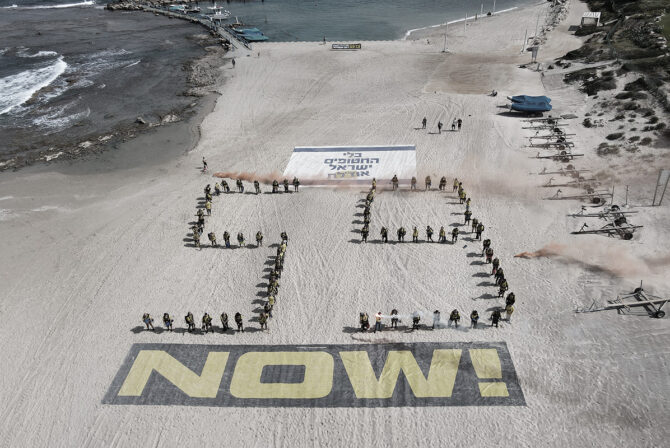It was a hard week.
Not hard in terms of returning phone calls, planning events, and structuring classes. I am generally good at these things. It was hard finding balance between home and work; but it was even harder finding the capacity to forgive myself in a way I never really have.
I found myself alone with the kids on a weekday morning. Everyone was screaming. One child needed to be held, another needed to be fed, and the third was half dressed, clamoring for attention. And in the middle of all three was me—also crying, because I couldn’t determine who needed what next and which demand deserved my utmost attention. At the time, crying seemed like the best option. Funny how in our rawest, most vulnerable moments, there seems to be very little difference between the emotions of a 2-year-old and the emotions of a 34-year-old.
After I dropped off the kids at school, I sat in my office feeling disappointed and a bit ashamed. Why couldn’t I handle the situation? How did everything get so turned upside down? Is parenting really this hard? I have three children—by now, shouldn’t I know what to do?
The guilt ate at the sensitive linings of my heart and I couldn’t help but feel as if I failed my children. Their rock shook a little that morning and the stable presence I know they need—well, at 7:30 a.m., stability was playing hide and seek.
But you probably can guess how the story ends. I picked up my children from school, embraced my infant, and as only babes can do—it was as if the morning was erased from memory. Smiles and hugs and conversations about the day’s activities replaced the searing pain of my inabilities and I was reminded “Gam ze yaavor, this too shall pass.”
My kids easily forgave me; so why couldn’t I? So many of us exist within the camp of self-deprecation. Whether it is parenting a child, an adult taking care of an elderly parent, a partner fighting with a spouse, or any of us reacting badly to a loved one—instead of silently pardoning our behavior, why do we let guilt fill in and weigh down the many crevices of our souls?
I clearly don’t have the answer. But I do take comfort in examples from faith. There is a Hassidic story in which a King fights terribly with his son. Furious, the King banishes his son from the palace. Days, months, and years pass, and the son finds himself alone, grieving over the missed relationship between father and son. Over time, the King’s stubbornness melts away and the King sends his ministers out to find his son.
When the ministers locate the boy, he refuses to come home. There was too much hurt. Too much baggage. Too much time had passed. Returning home was no longer an option. The ministers relay the message to the King, and the King responds in the most surprising way: “Please tell my son to return as far as he can. I will come the rest of the way to meet him.”
As in most Hassidic tales, the King represents God and the son represents humanity. If God seeks to find and forgive his children, why is it so difficult for us to forgive ourselves? What holds us back?
With three small children, I imagine there will be more teary days and nights in my future. I also know there is and will be indescribable joy. But my question remains—will I let guilt override my many opportunities to find delight in being a parent? Or will I learn to give myself a break?
I pray that my forgiveness arises as easily as the smiles that shine on the beautiful faces of my children. And I pray that I never let my guilt overshadow my ability to experience their radiance. And I pray the same for you.
Read More:
I Took a Vacation By Myself And It Wasn’t What I Expected
4 Things You Should Do When Your Friend Loses a Spouse
I’m Really Bad at Saying No And It’s Stressing Me Out







